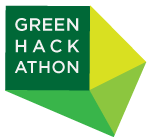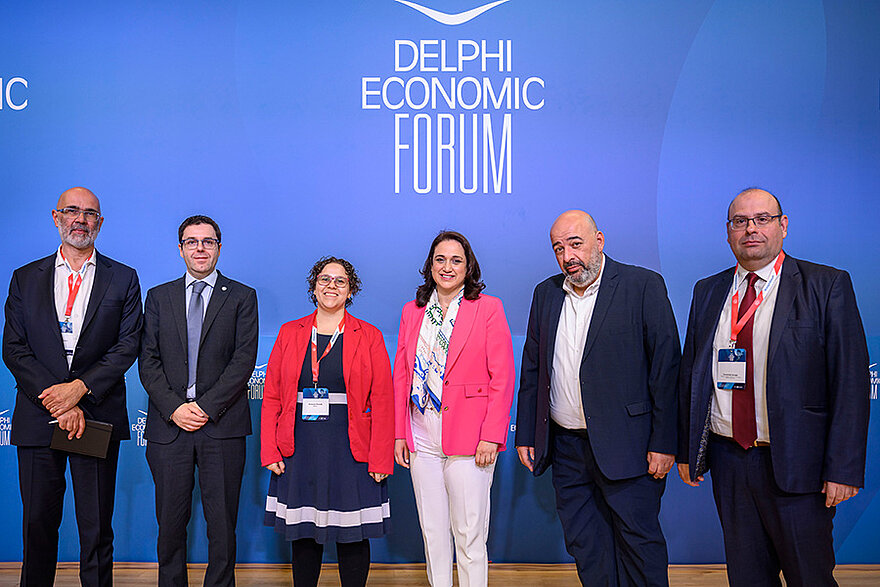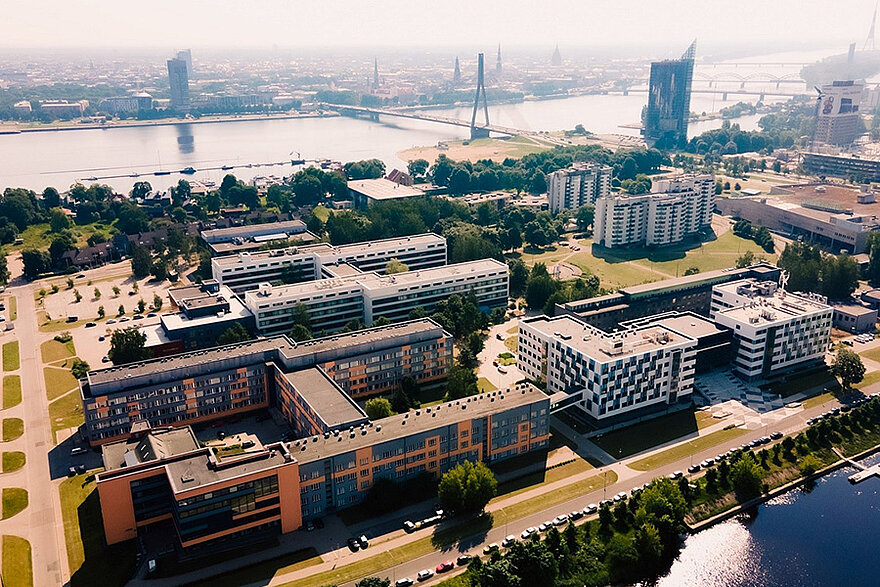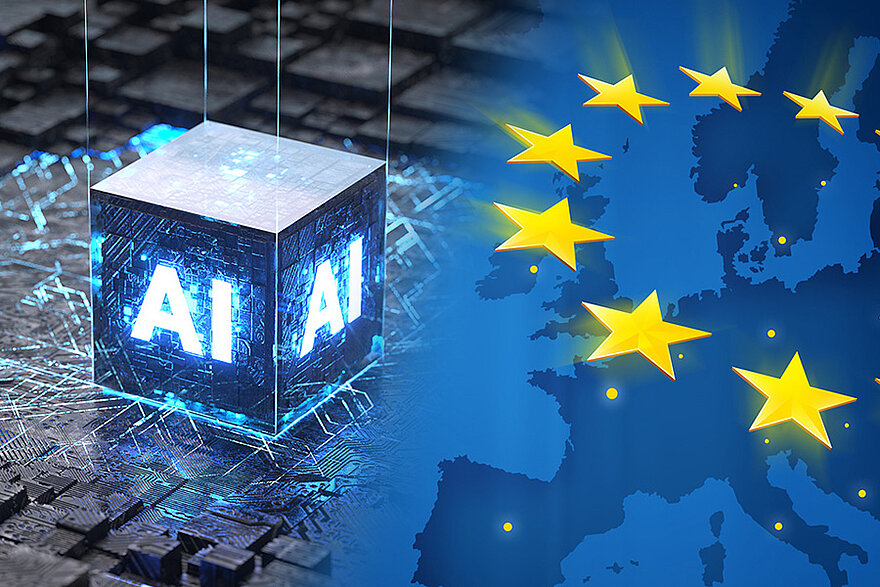Following earlier events in Stockholm and London, the third Green Hackathon was held at Finland’s Aalto University Sept. 19-20 as part of the Open Knowledge Festival, a week-long event aimed at investigating how organisational ecosystems are strengthened by information sharing, and at how transparency can bring positive social benefit.
Workshops held under the Green Hackathon banner are designed to put creative minds and programming talent to work finding practical solutions to environmental threats, with this year’s event featuring talks by sustainability experts from the World Bank Open Data Initiative, the International Land Coalition, the Renewable Energy and Energy Efficiency Partnership (REEEP) and the environmental intelligence aggregating company AMEE UK.
Researchers Jorge Luis Zapico and Hannes Ebner from KTH’s Center for Sustainable Communications convened a panel at the Hackathon entitled “Future, Openness and Sustainability,” focussing on ideas around the role of open knowledge as an ethical value for sustainability.
“It’s time to take the environmental data we’ve already got and actually do more with it,” says Ebner. “The World Bank and the OECD have huge amounts of information, and they’re beginning to open that up to researchers and the public.”

Some of the results and activities from Green Hackathon included:
Helsinki CO2 Visualization
A visualization of the CO2 emissions data for the city of Helsinki from Siemens and Aalto. It allows to change different variables to explore the different possible future scenarios:http://helsinkiCO2.com
Future weather and the World Bank Climate Change Portal
App uses World Bank data on current and projected weather to put climate change in a context: You choose the country you are interested in and the app tells you which country today has a climate comparable to the future climate of your country. Calculation is done by creating similarity indices using Euclidean distances for each country and picking out the best fit. You can choose between a conservative projection (optimistic) and a doomsday projection (pessimistic): http://www.guoxu.org/weather
Tim Herzog from the World Bank Open Data team gave a tour of the World Bank Climate Change Portal. Whilst we can always use more and better data, the immediate challenge for climate is understanding and translating what we already have. Non-experts need tools to understand why climate change is important, and how it will impact them now and in the future. Experts need better analysis tools for making decisions and planning. To this end, the World Bank had the Apps for Climate competition, with Jack Townsend demoing one of the winners, Globe-Town. Tim discussed ideas for new visualisations including the the Future Weather app(above), and one to visualise different emissions reductions scenarios to reflect the great lack of progress since they were last were developed a decade or more ago.







